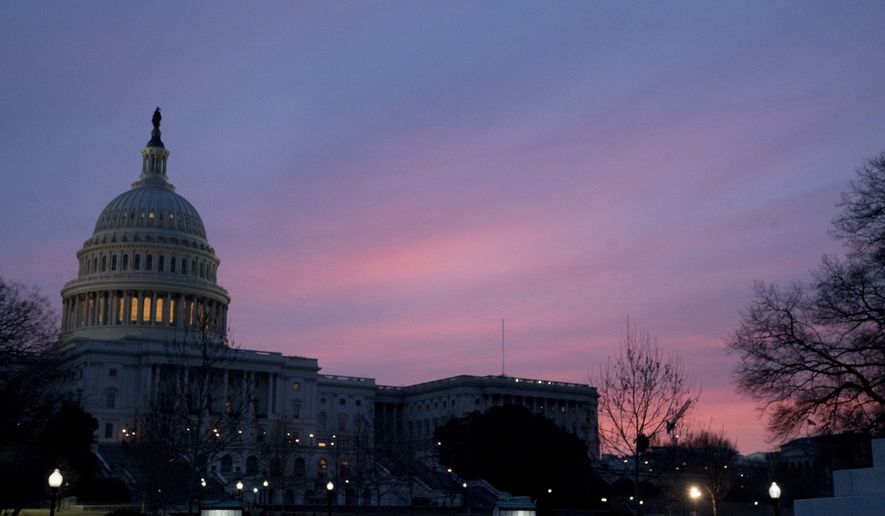OPINION:
The Supreme Court’s recent ruling in Wayfair v. South Dakota on internet sales taxes ushers in new questions about e-commerce, federalism and even the U.S. Constitution’s Commerce Clause. The ruling also makes clear that it is time for Congress to take up the issue to protect our nation’s vibrant internet economy.
At issue here is whether or not states can compel out-of-state businesses to serve as the state’s tax collectors, requiring businesses without a physical presence in the state to collect and remit sales taxes for purchases from in-state customers.
South Dakota recently asked the Supreme Court to overturn one of its own rulings, Quill Corp. v. North Dakota (1992), which established that retailers could not be compelled to collect and remit state sales taxes unless they have a physical presence within that state.
The resulting “Quill standard” protects small businesses from taxing authorities in states or local tax jurisdictions where the business has no physical presence. The court ruled in favor of South Dakota and overturned the Quill standard. The decision does not impose any new standard, leaving many issues for Congress, or years of litigation, to solve.
State officials in South Dakota now argue that the state is losing potential tax revenue from online transactions. Wayfair, which has no brick-and-mortar stores in South Dakota, has not been required to collect and remit South Dakota sales tax from its customers who reside in that state.
South Dakota’s new proposal, buttressed by the Supreme Court decision, would require online businesses — even those without a single physical presence in the state — to collect and remit taxes to South Dakota.
The potential fallout of the Supreme Court’s ruling yesterday is enormous and could be felt throughout the country, as more states seek ways to force out-of-state businesses to serve as their tax collectors.
The Supreme Court’s disappointing ruling allowing states to compel out-of-state businesses to become their own tax collectors raises two significant challenges — the first is a practical challenge, while the second challenge is a much more serious question about the relevance of the Commerce Clause and federalism today.
On the practical side, there is the issue that small businesses are simply not equipped to deal with the 10,000 tax jurisdictions’ ever-evolving rules and regulations. Small businesses would be forced to ensure they remained in compliance and good standing with each tax jurisdiction where the business happens to have a customer.
The South Dakota law includes certain thresholds for small businesses, so upholding that law may protect small sellers from certain burdens — for now, at least. But, the ruling also creates uncertainty for these small businesses, which needs to be clarified. An online sales tax would leave these small businesses at the mercy of taxing authorities in other states, and make them subject to a complex web of taxing jurisdictions.
Such a needless burden would place small businesses at a further disadvantage compared to their larger competitors with in-house accounting teams and tax lawyers. And, not surprisingly, that is exactly why many giant online retailers have lobbied for the implementation of such an internet sales tax.
On the federalism question, South Dakota v. Wayfair reminds us of why our nation’s Founders saw fit to include the Commerce Clause in the Constitution in the first place.
Before the Constitution was written, as the colonies operated under the Articles of Confederation, the colonies mercilessly taxed out-of-state commerce and engaged in trade practices that benefited their own state, while damaging the other colonies’ economies. The Founders addressed that deficiency in the Articles of Confederation by establishing the Commerce Clause to grant to the federal government the exclusive authority to regulate and oversee interstate commerce.
The ruling will lead to an erosion of our nation’s system of federalism — the foundational feature of which is that states have the power and authority to regulate and govern within (and only within) their own state lines.
The Supreme Court ruling leaves a great deal of uncertainty, and means that Congress now has the opportunity — and the responsibility — to act. Congress should take decisive action to ensure that online businesses and our system of federalism are both protected.
• Jenny Beth Martin is chairman of Tea Party Patriots Citizens Fund.




Please read our comment policy before commenting.